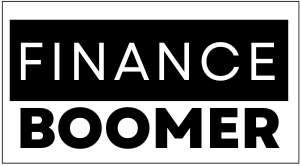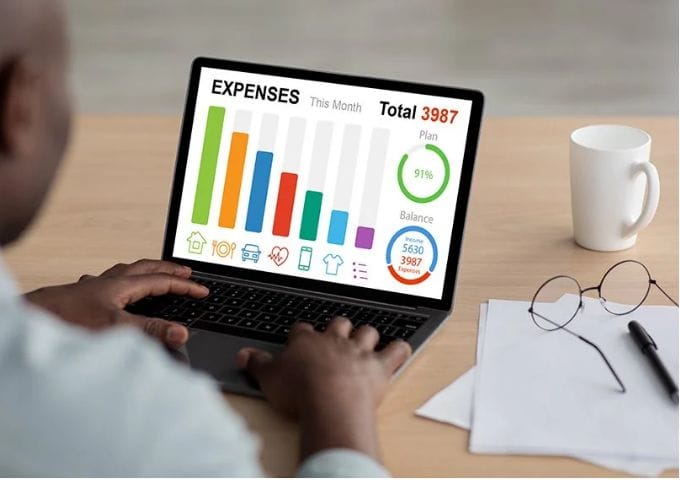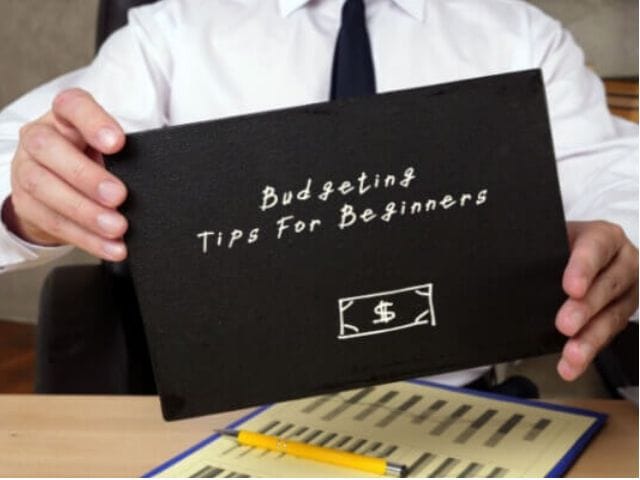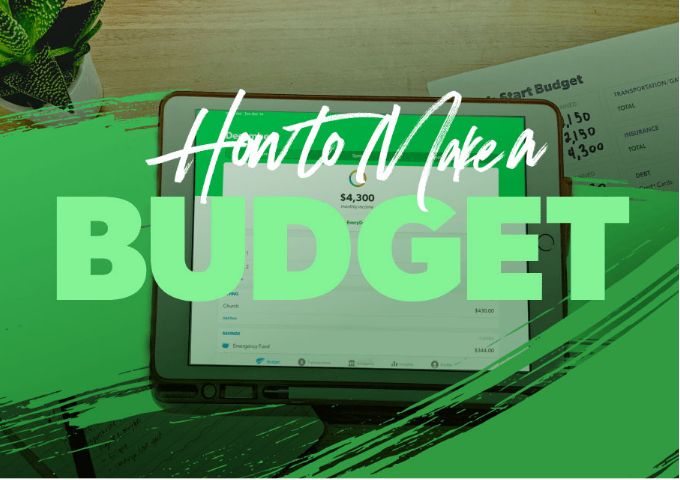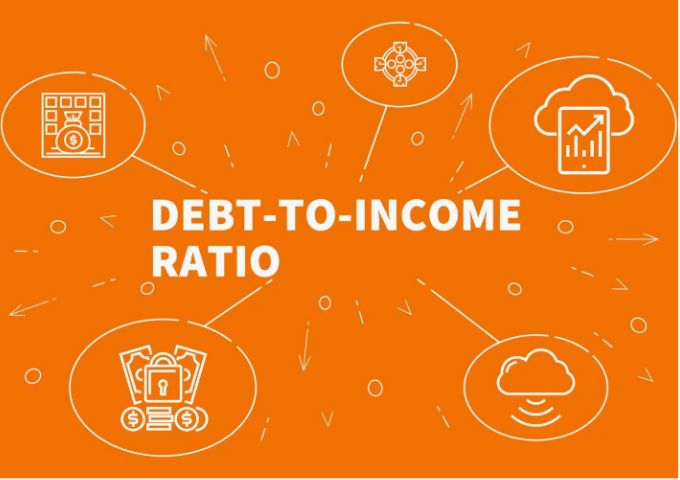How to Save Money Fast: 6 Money-Saving Tips You Can Start Today
The Feasibility of Saving in Uncertain Times
I’ve been getting this one question over and over from people, and on social media, especially journalists. The question is: in these uncertain times, is it even feasible or possible to save money? Recently, when approached to partner together on providing financial education, I thought, “This is the topic I need to focus on for this article.”
So, I should probably caveat that, yes, it is possible to save money in uncertain times like we’re living in right now—100%. I would even argue this is the best time to take your finances and saving goals seriously. That’s what I’m going to be talking to you about in this video: some ways you may not have thought about but are very easy to implement to save money.
Okay, so let’s get to the good stuff. Let’s get to the good stuff.
1. Pay Yourself First
Number one (and I’m sure you’ve heard this advice already, but if you’re not doing it, I’m going to say it again because it’s damn good advice): pay yourself first. That’s right, pay yourself first. If you’ve ever read a blog post on personal finance or picked up any personal finance book, you’ll have read this piece of advice. There’s also a really great blog post I did recently—I’ll link it in the description so you can learn more about it.
Basically, paying yourself first means when you are creating your budget, you make saving your focus—your number one priority. Your income should be focused on saving first, spending second. This concept of paying yourself first is what inspired me to create my budget spreadsheets the way they look. If you’ve ever downloaded it (again, it’s on my website), you will basically be forced to allocate some of your net income towards savings first, and whatever is left goes toward your cost of living.
Of course, when you do that, there may be some tweaking involved depending on your expenses, but it gets you thinking about what your savings goals are. You put spending second in importance because, at the end of the day, it’s great to have income to spend, but we also want to save money. That’s why we’re working so hard—to save toward our shorter or longer-term goals.
If you don’t do the pay-yourself-first method, if you budget where you allocate your money to expenses first and saving second, you’ll find out quickly there’s never any money left for savings. Isn’t that so weird? That’s because when spending comes first, saving gets neglected. There’s a lot of data that backs up that when you use the pay-yourself-first method, you’ll be more successful at saving more money.
2. Save Automatically
Number two is to save automatically or make it automatic. The first time I learned about this concept, it was from reading The Automatic Millionaire. It blew my mind. I think I read it honestly a decade ago, and at the time, it was such a simple idea that you can implement within minutes, and it will really work.
Since then, I’ve been doing this strategy of making savings and investing automatic for a decade. I can tell you—it definitely works. It ties back into this weird money psychology thing where if we leave it up to ourselves to manually save (i.e., on payday, moving money from checking to savings or investment accounts), chances are we’ll slip up, forget, or make excuses like, “I can’t afford to save this month.”
That’s probably why you’re not saving as much as you could. Creating an automatic savings program is key. All it means is setting up your bank accounts to automatically transfer money from checking to savings or investment accounts on payday (or every month). It seems too simple to work, but it does. Again, I’ve been doing it for years, and I get my financial counseling clients to do it too. It’s the easiest way to save, and you don’t have to do anything once it’s set up.
3. Track Your Spending
Number three is to track your spending. I know no one likes doing this, but if you don’t track your spending, how will you know where your money went the previous month? So many people have no idea why they’re living paycheck to paycheck. If you track your spending, you’ll have the data to show where your money went. Creating a budget isn’t enough—you need to track your spending to keep yourself accountable.There are tons of apps to help you with this. Personally, I use my spreadsheet and do it manually. If you download any of my budget spreadsheets, I have videos showing how to do it. It’s easy: download the transactions from your credit cards, bank accounts, etc., and copy-paste. I’ve been tracking my spending for over four years, and I have so much more clarity and confidence with my finances now. I’d highly recommend tracking your spending if you want to save more.
4. Cut Back on Non-Value-Aligned Spending
Number four is to cut back on spending that doesn’t align with your values. I’m not one of those money experts who tells you not to spend money on lattes or shames you for spending in certain areas. Instead, I encourage you to focus on cutting back on spending that doesn’t align with your personal values. When tracking your spending, ask yourself: does this make me feel good?
If you don’t like where your money is going, that’s where you can cut back. Yes, you may need to make hard decisions, cutting back on things you like, but remember, it may be temporary until you’re in a better financial position.
5. Create a Wallet Reminder
Number five is having a wallet reminder. When creating your budget, consider putting a note in your wallet listing your financial goals to remind you of why you’re cutting back or staying on budget. Or, write a question: “Do I really need this?” Before taking out your card, this reminder will make you more mindful of your spending.
6. Avoid Lifestyle Inflation
Number six is to avoid lifestyle inflation. This is the biggest reason people feel like they’re earning more but aren’t saving any money. As your income grows, so does your spending. For example, if you get a raise, you start mentally shopping and thinking about how to spend that extra money. Instead, maintain the same lifestyle and use the additional income to save or invest.
Of course, it’s okay to treat yourself—maybe allocate a portion of that raise to fun money—but the majority should go to savings. The same goes for windfalls like bonuses, tax refunds, or inheritances. Treat yourself a little, but put the rest into savings.
FAQs: How to Save Money Fast – 6 Money-Saving Tips You Can Start Today
1. What does “pay yourself first” mean, and why is it important?
Savings must come before other expenses if you pay yourself first. You deposit some of your income straight into your investing or savings accounts as soon as you get it. Using this method will guarantee that you continually save money and don’t spend money that you could have saved. You position yourself for financial success and facilitate the achievement of your short- and long-term financial objectives by prioritising savings.
2. How do I make saving money automatic?
Create a method whereby your bank moves a predetermined amount of money from your checking account to your savings or investment account on a weekly basis to help you save automatically. By doing away with the necessity for you to manually save, this method makes it simpler to maintain your budgetary objectives without having to worry about forgetting or missing a month.
3. Why is it important to track my spending?
Tracking your spending gives you a clear view of where your money goes each month. Without this information, it’s hard to understand why you might be living paycheck to paycheck or where you can cut back. By monitoring your spending, you hold yourself accountable and can make informed decisions about where to reduce unnecessary expenses.
4. How can I cut back on spending without feeling deprived?
The key is to cut back on spending that doesn’t align with your values or priorities. Instead of restricting yourself from all indulgences, focus on identifying areas where your money is being spent without providing you value. For example, canceling unused subscriptions or dining out less frequently could free up money for savings without drastically changing your lifestyle.
5. What is lifestyle inflation, and how do I avoid it?
Lifestyle inflation happens when your spending increases in line with your income. For example, when you get a raise, instead of saving more, you might upgrade your car or buy more expensive clothes. To avoid this, keep your lifestyle at the same level after a raise and direct the extra income into savings or investments. It’s okay to treat yourself a little, but try to save the majority of any additional income.
